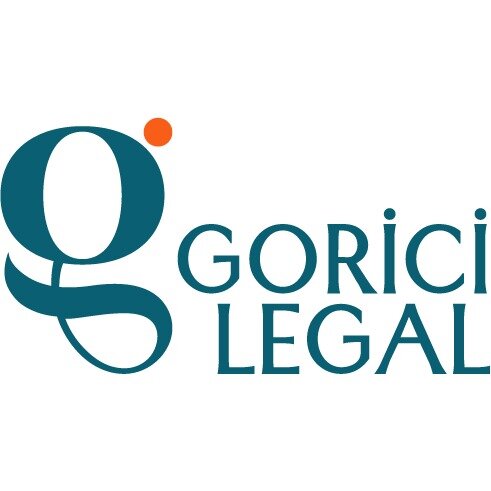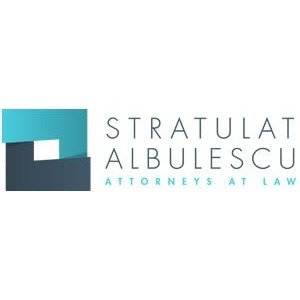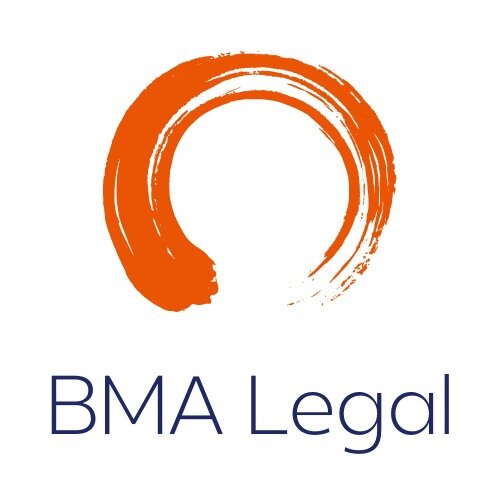Best Nonprofit & Charitable Organizations Lawyers in Bucharest
Share your needs with us, get contacted by law firms.
Free. Takes 2 min.
List of the best lawyers in Bucharest, Romania
About Nonprofit & Charitable Organizations Law in Bucharest, Romania
Nonprofit and charitable organizations play a vital role in Romanian society, contributing significantly to various sectors such as education, health, and social services. These organizations operate under a specific legal framework that outlines their formation, operation, and regulation. In Bucharest, the legal landscape for these entities is shaped by national laws and regional regulations that govern their establishment, management, and reporting obligations. Understanding these laws is essential for anyone involved in or planning to launch a nonprofit or charitable organization in the city.
Why You May Need a Lawyer
There are several scenarios where legal assistance might be necessary for nonprofit and charitable organizations in Bucharest:
- Forming a nonprofit organization and ensuring compliance with all legal requirements.
- Drafting and reviewing articles of incorporation and bylaws.
- Navigating tax exemptions and understanding financial regulations.
- Handling employment matters within the organization.
- Ensuring adherence to fundraising and solicitation laws.
- Managing disputes or conflicts involving stakeholders, donors, or volunteers.
- Understanding intellectual property rights related to the organization.
- Assistance with mergers, collaborations, or dissolutions of the organization.
Local Laws Overview
Bucharest's legal framework for nonprofit and charitable organizations is largely informed by Romanian national laws, including the Government Ordinance no. 26/2000 on associations and foundations. Key aspects include:
- Registration: Organizations are required to register with the National Registry of Associations and Foundations.
- Structure: Nonprofits are typically formed as associations or foundations, each with distinct legal and operational requirements.
- Governance: Organizations must have clearly defined statutes and governance structures.
- Taxation: Nonprofits can qualify for tax exemptions, but strict compliance and transparent financial practices are mandatory.
- Reporting: Annual reporting and financial disclosures are essential to maintain good standing.
- Fundraising: There are specific laws regarding public fundraising activities and charitable solicitations.
Frequently Asked Questions
What is the difference between an association and a foundation in Romania?
An association is typically a group of individuals united for a common non-profit purpose, while a foundation is created primarily to manage a significant allocation of resources for a specific nonprofit goal, often endowed by its founders.
What are the initial steps for forming a nonprofit organization in Bucharest?
The process includes drafting a constitutive act and bylaws, securing a fiscal code, and registering with the National Registry of Associations and Foundations.
Are there any tax benefits for nonprofit organizations in Bucharest?
Yes, nonprofit organizations may qualify for certain tax exemptions, but these require strict adherence to legal and financial regulations.
How do I ensure compliance with Romanian nonprofit laws?
Regularly consult legal experts specializing in nonprofit law, stay updated with legislative changes, and maintain transparent and accurate records.
Can a nonprofit organization in Bucharest engage in commercial activities?
Yes, but such activities must align with the organization’s nonprofit goals, and profits must be reinvested back into the organization’s mission.
What reporting obligations does a nonprofit have?
Nonprofits are required to submit annual financial statements and activity reports to ensure transparency and accountability.
Is volunteer work regulated under Romanian law?
Yes, volunteer activities are regulated by Law no. 78/2014, which outlines rights and obligations for both volunteers and organizations.
What happens if a nonprofit organization is dissolved?
Upon dissolution, any remaining assets must be transferred to another nonprofit organization with similar objectives, following creditor settlements.
Can a foreigner establish a nonprofit in Bucharest?
Yes, foreigners can establish nonprofit organizations, but they must adhere to the same legal requirements as Romanian nationals.
How can I change the bylaws of my nonprofit organization?
Amendments to the bylaws typically require a formal meeting of the organization's governing body and approval by a specified majority.
Additional Resources
For further assistance, consider reaching out to the following resources:
- Ministry of Justice website for official forms and guidelines.
- The National Registry of Associations and Foundations for registration and compliance information.
- Local legal firms specializing in nonprofit law.
- The Romanian Ministry of Public Finance for tax-related queries.
- Local NGOs and support networks that offer resources and guidance for new nonprofits.
Next Steps
If you require legal assistance, it is advisable to consult with a legal professional specializing in nonprofit law. They can provide tailored guidance based on your specific needs and help navigate the complexity of Romanian regulations concerning charitable organizations.
Start by documenting your nonprofit's goals, structure, and operating plan to facilitate clear communication with your legal advisor. It’s also beneficial to join local nonprofit networks to share experiences and gain insights from other established organizations.
Lawzana helps you find the best lawyers and law firms in Bucharest through a curated and pre-screened list of qualified legal professionals. Our platform offers rankings and detailed profiles of attorneys and law firms, allowing you to compare based on practice areas, including Nonprofit & Charitable Organizations, experience, and client feedback.
Each profile includes a description of the firm's areas of practice, client reviews, team members and partners, year of establishment, spoken languages, office locations, contact information, social media presence, and any published articles or resources. Most firms on our platform speak English and are experienced in both local and international legal matters.
Get a quote from top-rated law firms in Bucharest, Romania — quickly, securely, and without unnecessary hassle.
Disclaimer:
The information provided on this page is for general informational purposes only and does not constitute legal advice. While we strive to ensure the accuracy and relevance of the content, legal information may change over time, and interpretations of the law can vary. You should always consult with a qualified legal professional for advice specific to your situation.
We disclaim all liability for actions taken or not taken based on the content of this page. If you believe any information is incorrect or outdated, please contact us, and we will review and update it where appropriate.

















